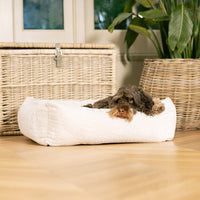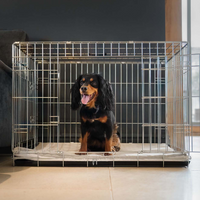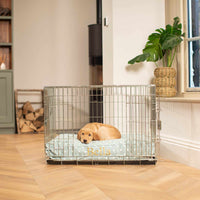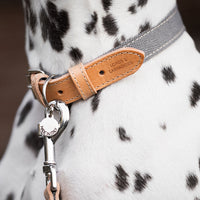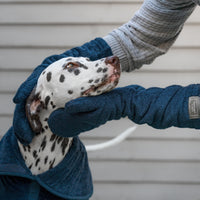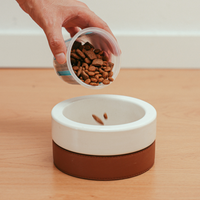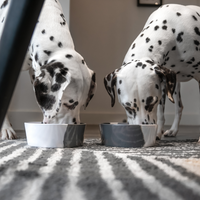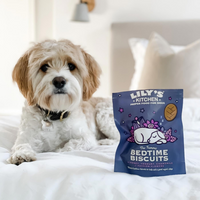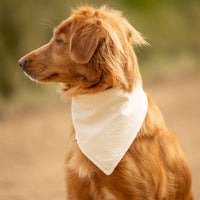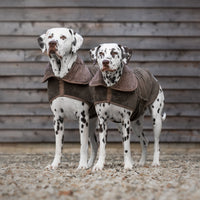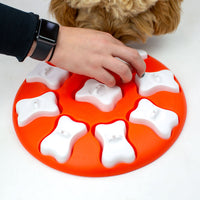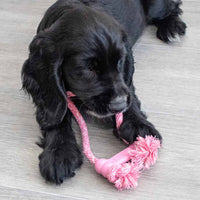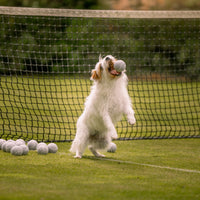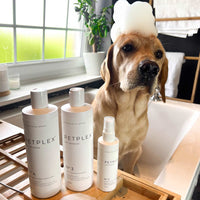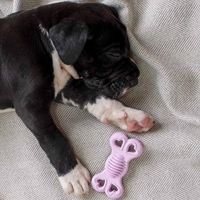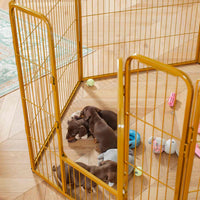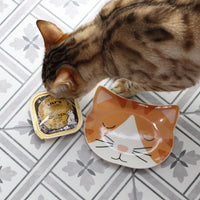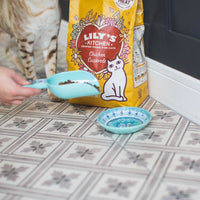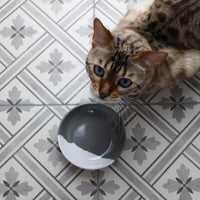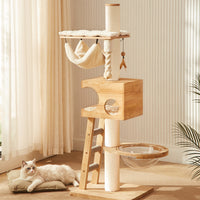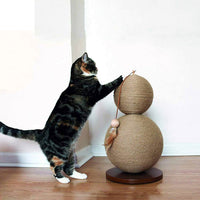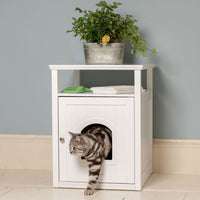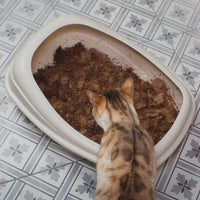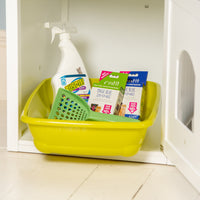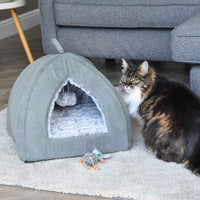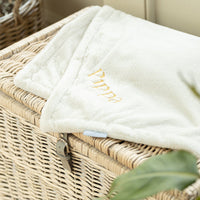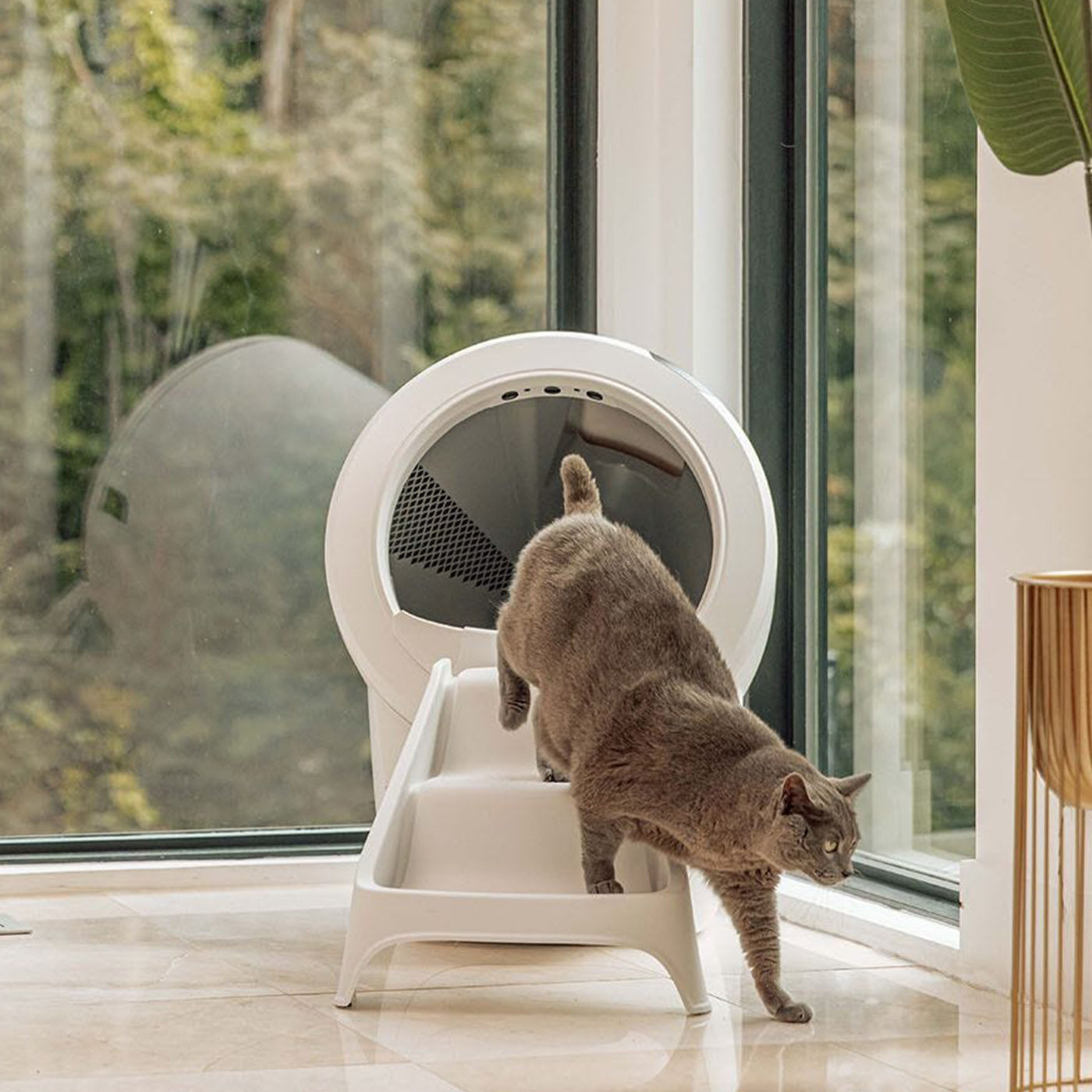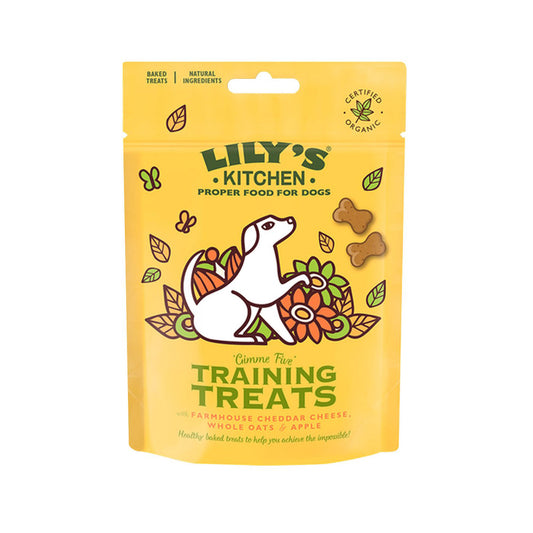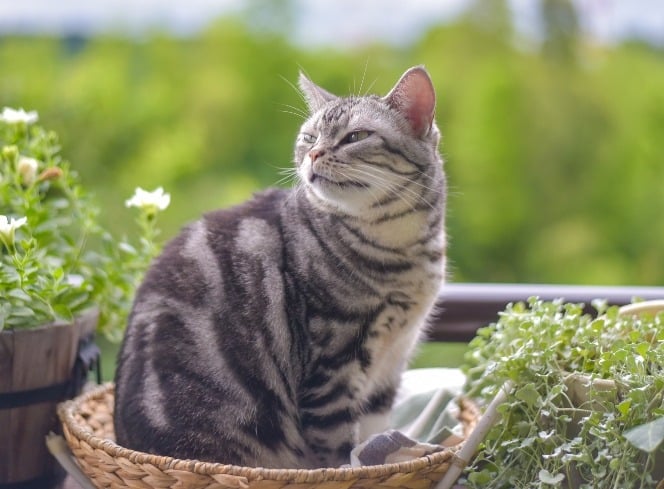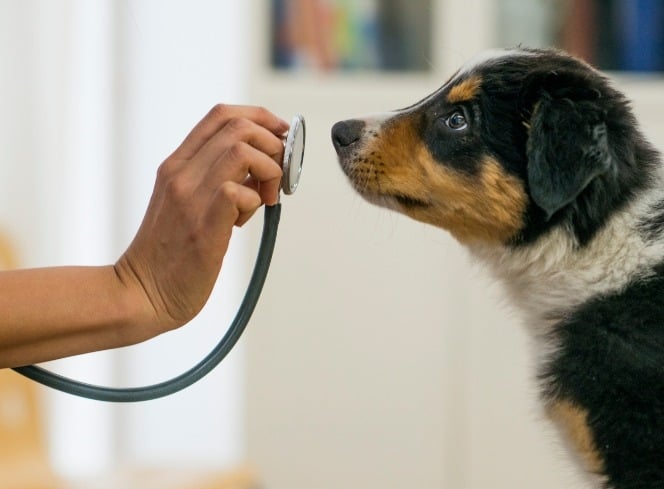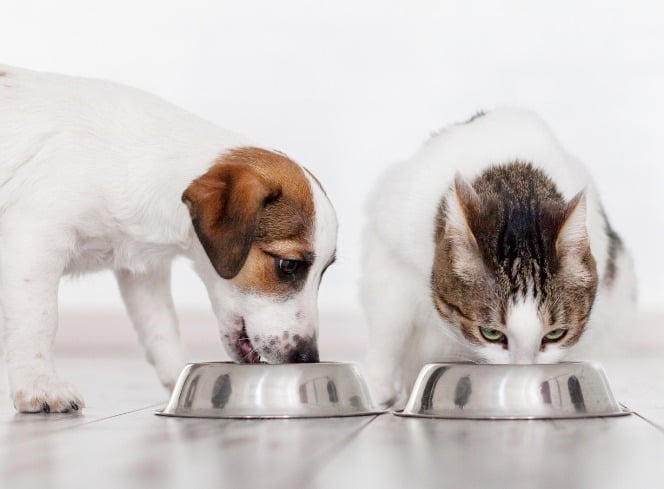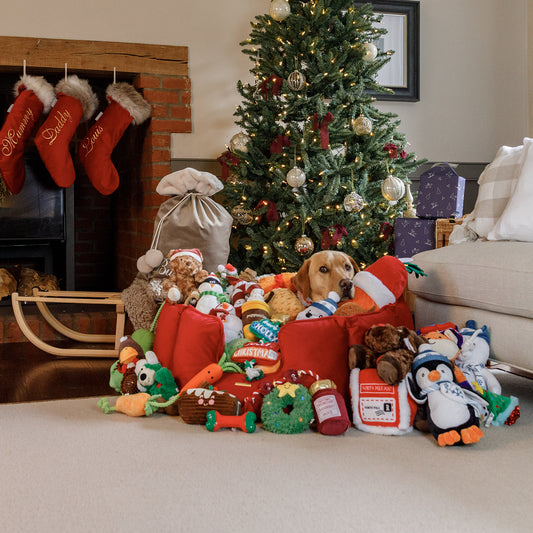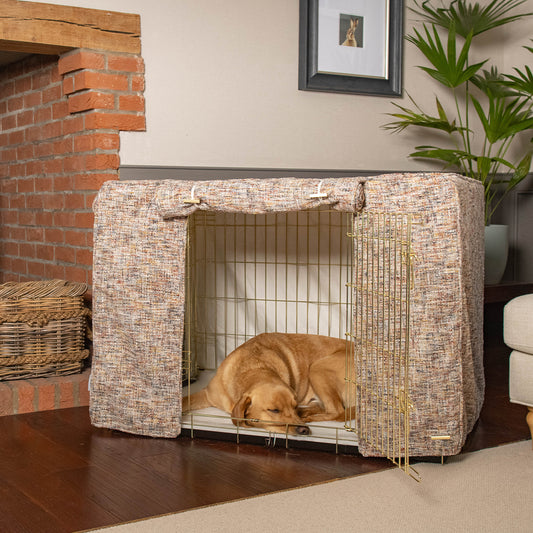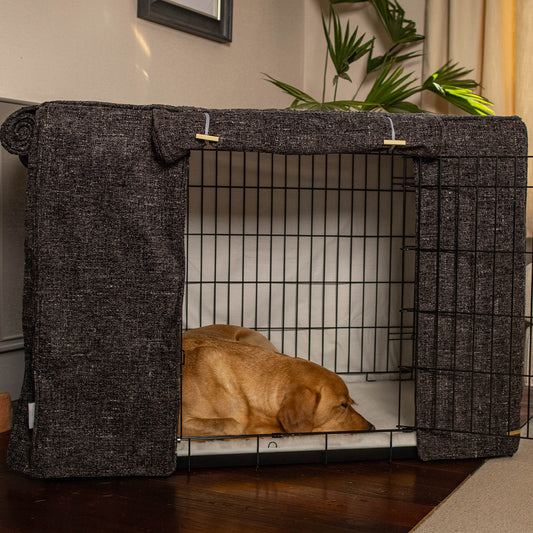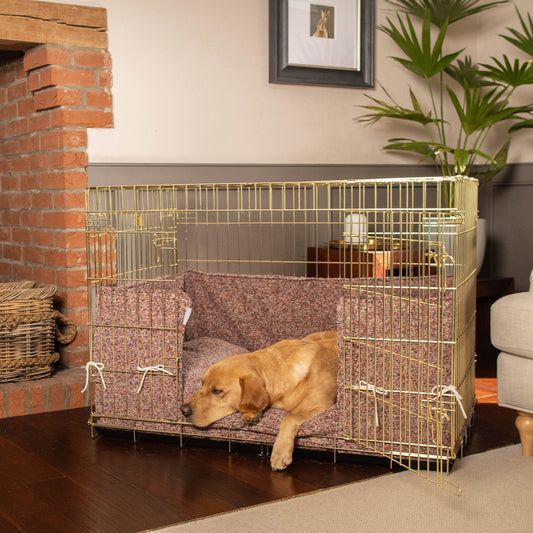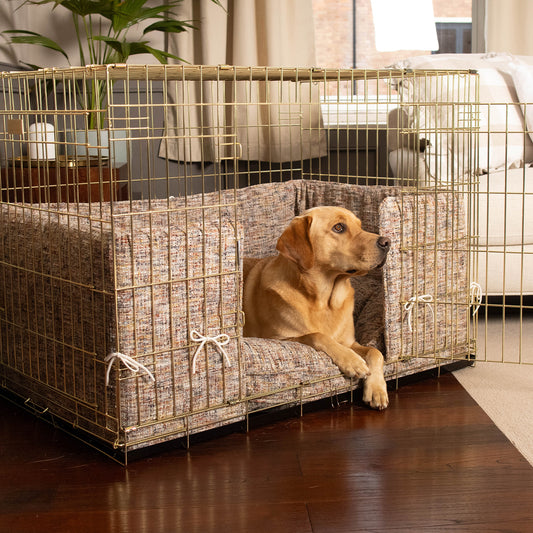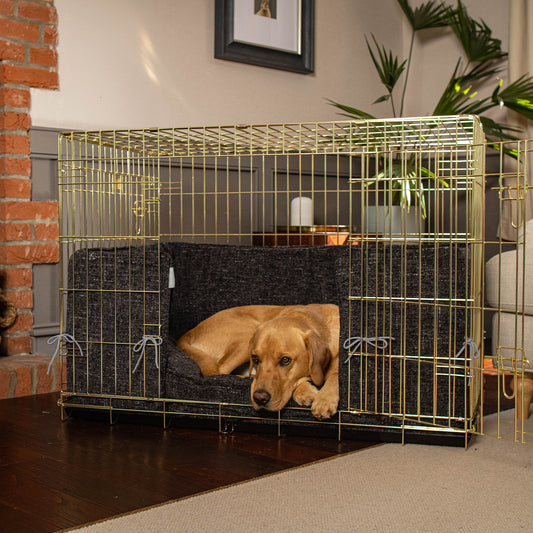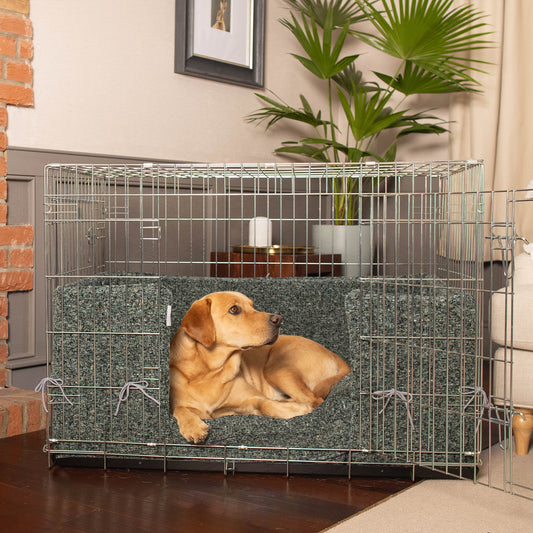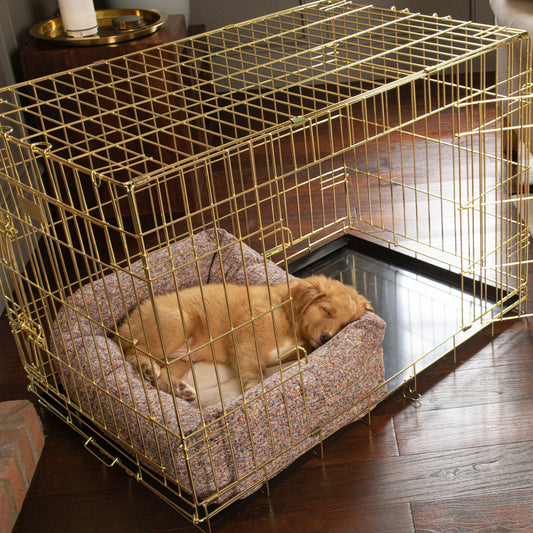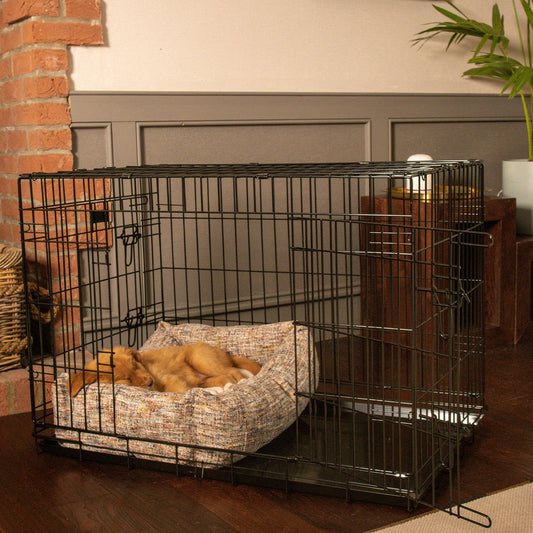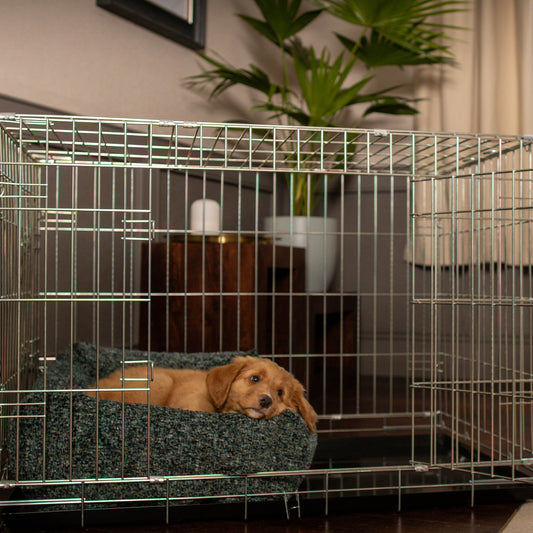As dog owners, it’s good to know what plants to avoid that may be toxic to your dog. Whilst plants may smell lovely in your home and look beautiful, they could be very toxic and harmful if ingested by your pet. Plant poisoning can be a veterinary emergency, and your dog could need immediate medical attention. Even though you may think your dog won’t ingest any of the plants in your home, it’s good to stay clear from those highly toxic to them, just incase they take a sudden interest in your potted plant. Gardens can be exciting, stimulating places for your dog and being aware of the plants most poisonous to them will not only help you when decorating your home, but will also help you identify potential dangers when outside of the home and on walks.
In this article we explore the dangers of certain household plants and what to look out for as a dog owner.
What Outdoor Plants Are Safe For Dogs?

If you’re looking to brighten up your garden or balcony, try to stick to the below plants which are considered safe for your pet.
- Dill - It’s obviously safe for us humans, but the feathery weed is also dog-safe.
- Fuchsias - The gorgeous pink & purple flowers brighten up your garden and are safe for your dog too!
- Magnolia Bushes - Magnolia bushes offer beautiful colours and are also dog-safe.
- Sunflowers - There is nothing that quite says summer like a sunflower - they’re dog safe and great for the wild birds who visit your garden!
- Rosemary - The scented rosemary not only looks and smells beautiful, it is also dog friendly too.
- Snapdragons - They’ll brighten up your garden beautifully and you’ll have peace of mind your dog is safe.
Keep in mind the varieties of each plant may be toxic for your pet, this list is specific to their own variant. Avoid using chemicals on your grass, such as non-organic slug pellets and keep your dog away from any garden wildlife as this may pose a risk to your pet. Take a throwing toy on a walk or try some searching games with their favourite treats in the garden if you find your dog needs more stimulation.
Are Yucca Plants Poisonous To Dogs?
Yucca plants have grown in popularity due to their aesthetically pleasing look, but they actually pose a large risk to your pooch. The plant contains steroidal saponins which - when digested by dogs - is extremely dangerous. If ingested, keep an eye out for signs of drooling, vomiting and weakness, and get your dog to the vet immediately for treatment. It isn’t known why your dog is so interested on chomping on the yucca, but it’s best to avoid having one in and around your home, just in case they do take to chew on the toxic plant.
Is The Lavender Plant Safe For Dogs?
Luckily, lavender is not poisonous to your dog under most circumstances. The unusual texture and the extremely strong smell prevents most dogs eating much of the plant. You may even find your dogs food and treats contain lavender, as it adds an interesting lemon-like flavour some dogs find tasty. Although lavender itself is not poisonous to dogs, there are circumstances where it can cause a risk to your dog. Dogs can have a negative reaction to the plant, or can eat far too much of the plant. Look out for symptoms such as vomiting, scratching themselves and diarrhoea. Call your veterinarian if your dog displays these symptoms/or if you notice they have eaten a large amount of lavender.
Can Dogs Eat Tomato Plants?
Although dogs can eat ripe, juicy tomatoes (in moderation), the tomato plant contains natural chemicals - solanine and tomatine, which are harmful to dogs when eaten in large quantities. In cases where your dog has consumed the tomato plant, watch out for weakness, tremors, seizures, lack of coordination and abnormal heart rate. If your dog displays any of these symptoms, contact your vet immediately.
What Indoor Plant Is Dog Friendly?

Even the most well behaved dogs are bound to take a bite at the growing plant in your home. Make sure all house plants are out of your dogs reach and are safe if your dog does decide to take a bite. Popular house plants such as the below are often considered safe for your dog:
- Spider Plant - not only is it easy to care for, it’s also none toxic to your pet.
- Kentia Palms - these stunning plants bring the tropics to your home and as well as being air-purifying and resilient, they are safe to have around your pooch.
- Rattlesnake Plant - fairly simple to take care of and safe to grow around your dog friendly home.
- Boston Fern - great for air purifying and safe for your dog
- String of Hearts - If you’re looking for a dog safe trailing plant - this may be just what you’ve been looking for!
If you find your dog is exploring with their mouth, for extra stimulation try giving them a puzzle toy or a snuffle mat for extra enrichment whilst being indoors.
Are Cheese Plants Poisonous To Dogs?
Cheese Plants have grown in popularity over the years due to their stunning and striking leaves, but if digested by your pooch, the toxins in the plant can cause a stinging sensation around the mouth area which leads to vomiting and difficulty swallowing. So it’s best to keep these plants out of the house and away from your dog.
Are Fig Plants Poisonous To Dogs?
It is important to avoid having any fig plants within the home if you have dogs or other small animals. The fig plant contains a toxin, which when consumed or when it comes into contact with the skin, eyes, or mouth of dogs can be toxic. If your dog comes into contact with a fig plant, look out for symptoms such as watery eyes, diarrhoea, pawing at their face and irritated skin/mouth. If your dog displays any of these symptoms, call your veterinarian as soon as possible.


